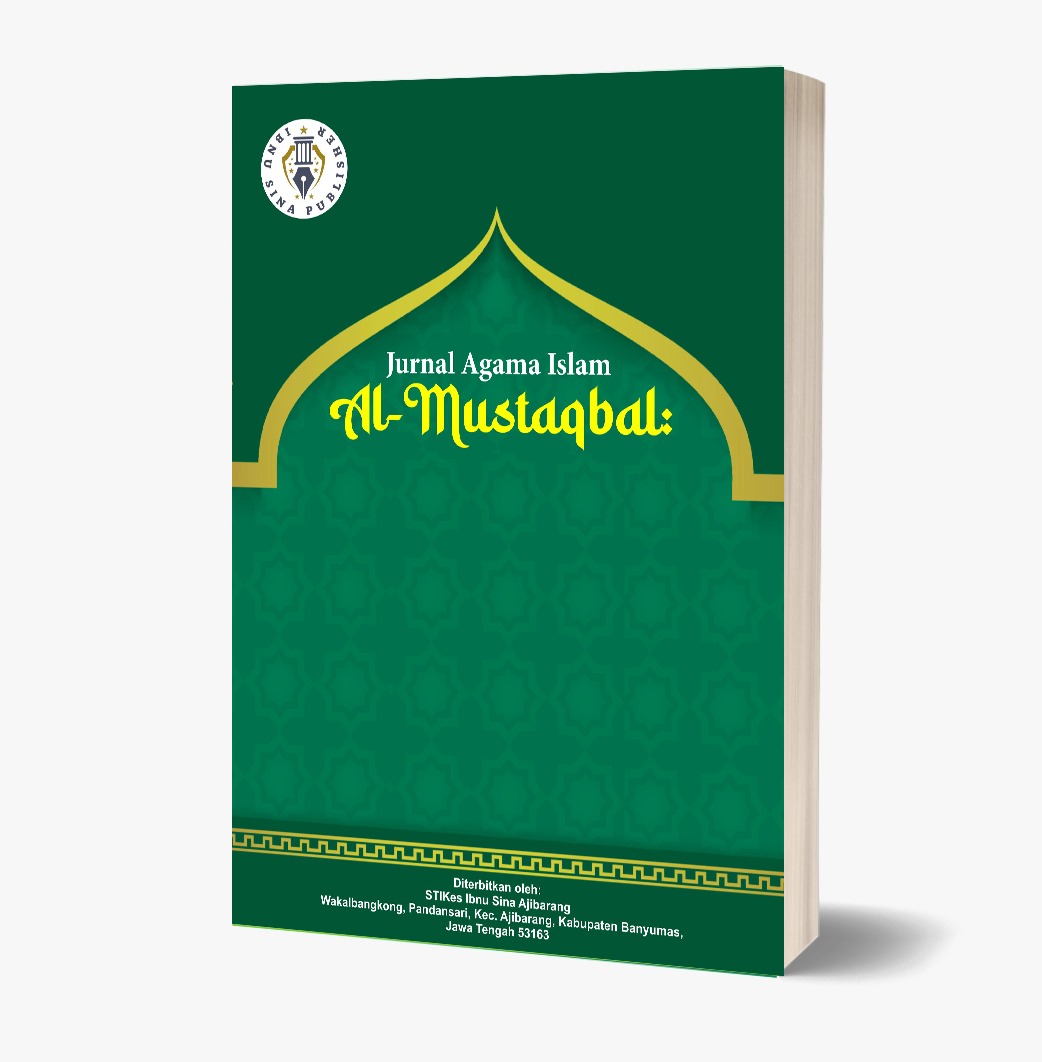Kaidah-Kaidah Fikih yang Berkaitan dengan Perubahan dan Pembaharuan Hukum
DOI:
https://doi.org/10.59841/al-mustaqbal.v2i2.155Keywords:
Change, Fiqh, LawAbstract
As we know, Islamic law is known to have a flexible and dynamic nature, allowing for changes and renewal in accordance with the development of the times and the needs of the people. In this context, the rules of fiqh play an important role as a methodological basis in conducting legal istinbath on contemporary issues. This study aims to examine the rules of fiqh that are relevant in supporting legal change and renewal, such as the rule of "al-ḥukmu yadūru ma‘a al-‘illah wujūdan wa ‘adaman", "lā yunkar taghayyur al-aḥkām bi taghayyur al-azminah wa al-amkinah", and other rules that accommodate social change. The method applied in this study is qualitative-descriptive by utilizing a literature study approach. Data collection was conducted through a literature review of books on Islamic jurisprudence, both classical and modern, as well as secondary sources including books, journals, and related scientific works. The data analysis process was conducted descriptively-analystically with the aim of revealing the meaning and application of Islamic jurisprudence principles related to changes and innovations in Islamic law.
References
Abu Zahrah, M. (1997). Uṣūl al-Fiqh. Kairo: Dār al-Fikr al-‘Arabī.
Abu Zahrah, M. (n.d.). Uṣūl al-Fiqh. Kairo: Dār al-Fikr al-‘Arabī.
Al-Jurjāwī, A. A. (1913). Ḥaqīqah al-Islām wa Uṣūl al-Ḥukm. Mesir: Maṭba‘ah al-Adab.
Al-Shāṭibī, I. I. M. (1996). Al-Muwāfaqāt fī Uṣūl al-Sharī‘ah (Jld. 2). Beirut: Dār al-Ma‘rifah.
Al-Shāṭibī, I. I. M. (1997). Al-Muwāfaqāt fī Uṣūl al-Sharī‘ah. Beirut: Dār al-Kutub al-‘Ilmiyyah.
Al-Suyūṭī, J. A. D. (1993). Al-Ashbāh wa al-Naẓā’ir. Beirut: Dār al-Kutub al-‘Ilmiyyah.
Al-Suyūṭī, J. A. D. (1998). Al-Ashbāh wa al-Naẓā’ir. Beirut: Dār al-Kutub al-‘Ilmiyyah.
Ash-Shiddieqy, M. H. (1975). Pengantar Fiqih Muamalah. Jakarta: Bulan Bintang.
Fadhil, M. S. (n.d.). Ijtihad kontemporer dan perangkatnya: Sebuah pemikiran fiqh dan uṣūl fiqh al-maṣlaḥah.
Harisudin, M. N. (2016). Rekonstruksi fiqh dalam merespon perubahan sosial. Asy-Syir’ah: Jurnal Ilmu Syari’ah dan Hukum, 50(1).
Ibn Qudāmah, M. al-D. (1997). Al-Mughnī. Beirut: Dār al-Kutub al-‘Ilmiyyah.
Ibn Taymiyyah, A. (2005). Al-Fatāwā al-Kubrā. Beirut: Dār al-Kutub al-‘Ilmiyyah.
Khallāf, A. W. (1968). ‘Ilmu Uṣūl al-Fiqh. Kairo: Dār al-Qalam.
Madiong, B. (2018). Pendidikan Kewarganegaraan Civic Education. Makassar: Celebes Media Perkasa.
Muhammad az-Zuhaily. (2006). Al-Qawā‘id al-Fiqhiyyah wa Taṭbīqātuhā ‘Alā al-Madhāhib al-Arba‘ah. Dimasyq: Dār al-Fikr.
Prawitra, T. (n.d.). Pengaplikasian qawā‘id fiqhiyyah dalam hukum Islam kontemporer. Yuridika.
Qarāḍāwī, Y. (1994). Fiqh al-Awlawiyyāt. Kairo: Maktabah Wahbah.
Qarāḍāwī, Y. (2001). Fiqh al-Mu‘āmalāt al-Māliyyah al-Mu‘āṣirah. Kairo: Maktabah Wahbah.
Saidurrahman. (2018). Pendidikan Kewarganegaraan NKRI Harga Mati. Jakarta: Kencana.
Tim Penyusun Pusat Bahasa. (2008). Kamus Bahasa Indonesia. Jakarta: Departemen Pendidikan Nasional.
Wahbah al-Zuḥaylī. (1986). Uṣūl al-Fiqh al-Islāmī (Jld. 2). Damaskus: Dār al-Fikr.
Wahbah al-Zuḥaylī. (2006). Al-Qawā‘id al-Fiqhiyyah fī al-Fiqh al-Islāmī. Damaskus: Dār al-Fikr.
Zaidān, A. K. (1996). Al-Wajīz fī Uṣūl al-Fiqh. Beirut: Mu’assasah al-Risālah.

















